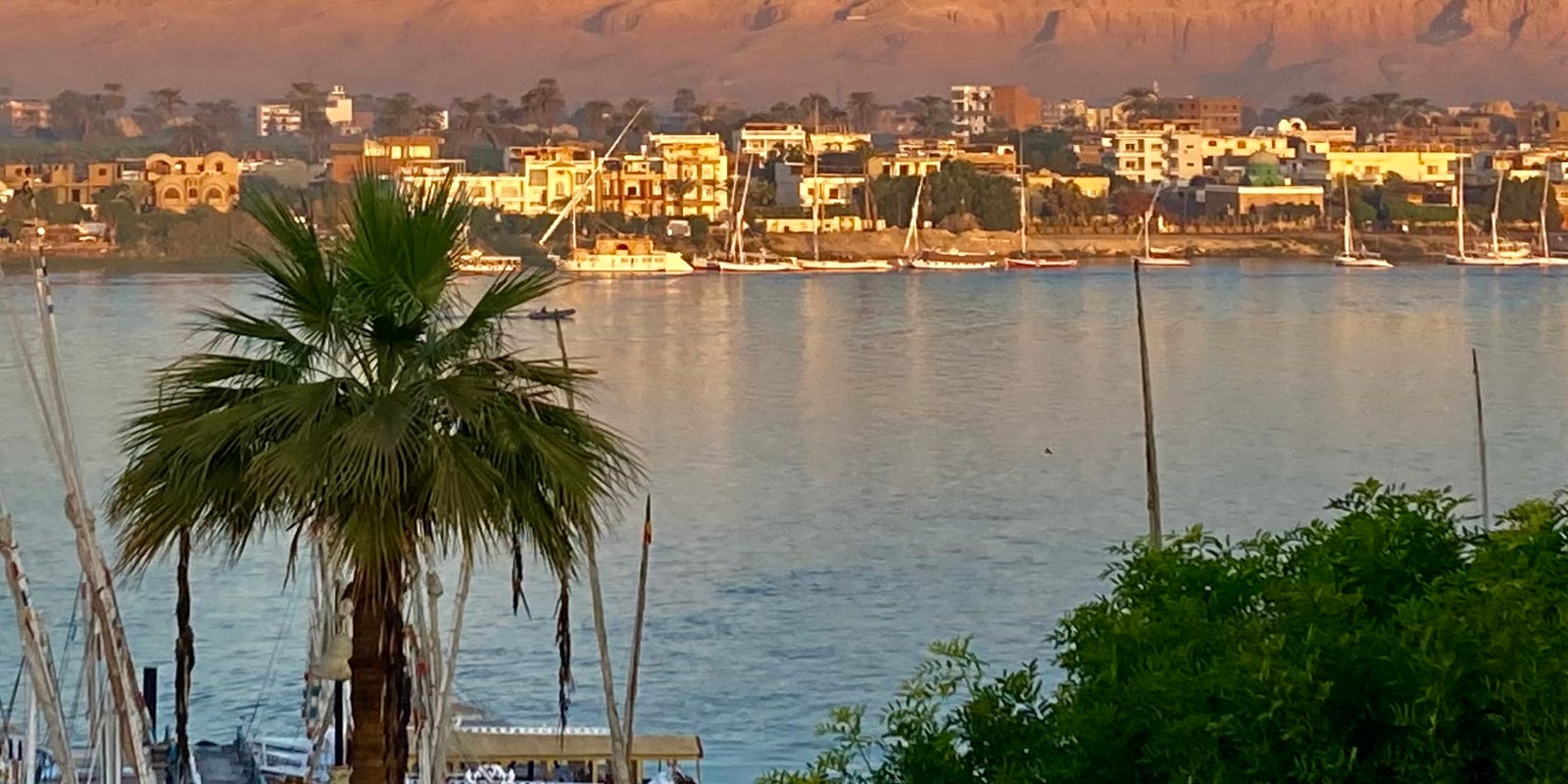I have encountered two significant events that have underscored the critical importance of water as a fundamental resource. Observing firsthand how adequate hydration can be a life-saving factor for both individuals and the environment has truly emphasized the pivotal role of water.
Several years ago, a concerning incident transpired involving Gerry, who exhibited disorientation and impaired functionality upon coming indoors from outside. Fearing a potential stroke, I promptly escorted him to the emergency room, fully aware of the urgent need for immediate medical attention in such cases.
The medical team, equally alarmed by his symptoms, wasted no time in conducting necessary tests. Fortunately, it was established that Gerry was merely dehydrated, not suffering from a stroke. The swift administration of IV fluids swiftly restored his alertness. The attending physician elaborated on the common occurrence of decreased thirst sensation with age, a phenomenon that Gerry had also experienced. Encouraging him to consume fluids even when not feeling thirsty posed a challenge, but it was an essential one.
In an unconventional attempt to ensure Gerry’s hydration, I resorted to a somewhat humorous tactic that I am slightly embarrassed to admit. Following a meal, I playfully poured a small amount of remaining water from his glass on his head, emphasizing the significance of staying hydrated. While this action was a singular occurrence, it effectively conveyed the message. Presently, a simple reminder to complete his water intake suffices, and he has not encountered dehydration since.
This anecdote highlights the vital role that water plays in supporting human life. Another narrative unfolded during our stay in Egypt along the banks of the Nile River, vividly illustrating the importance of water for the sustenance of the land.
The verdant vegetation adorning the riverbanks, nourished by strategically positioned irrigation facilities along the shore, paints a vibrant picture of agricultural prosperity. These facilities, intricately engineered to divert river water for agricultural and domestic use, exemplify the innovation required to maintain such a life-sustaining ecosystem.
Our daily visits to neighboring villages provided us with firsthand observations of flourishing gardens and farms, teeming with diverse crops and fruits. Strolling beside the irrigation canals that nurture the vegetation, we admired the flourishing mangoes, bananas, citrus fruits, and majestic date palms thriving under the nurturing care of water. The sharp juxtaposition between the fertile farmland and the arid sand dunes beyond, where irrigation is absent, serves as a poignant reminder of water’s indispensable role in land fertility.
Water, the essence of life, is indispensable for both plant life and wildlife. From transporting nutrients to cells and eliminating waste to safeguarding organs and regulating body temperature, water truly serves as the lifeblood of our existence. Without water, life would cease to exist, and the land would deteriorate into a desolate wasteland. The Nile River, with its life-sustaining waters, not only nurtures the land but also supports an entire ecosystem.
Carole Gariepy, a resident of Phillipston and the author of “Dragging Gerry around the World” and “Why Go There?,” shares these profound reflections on the intrinsic value of water.
